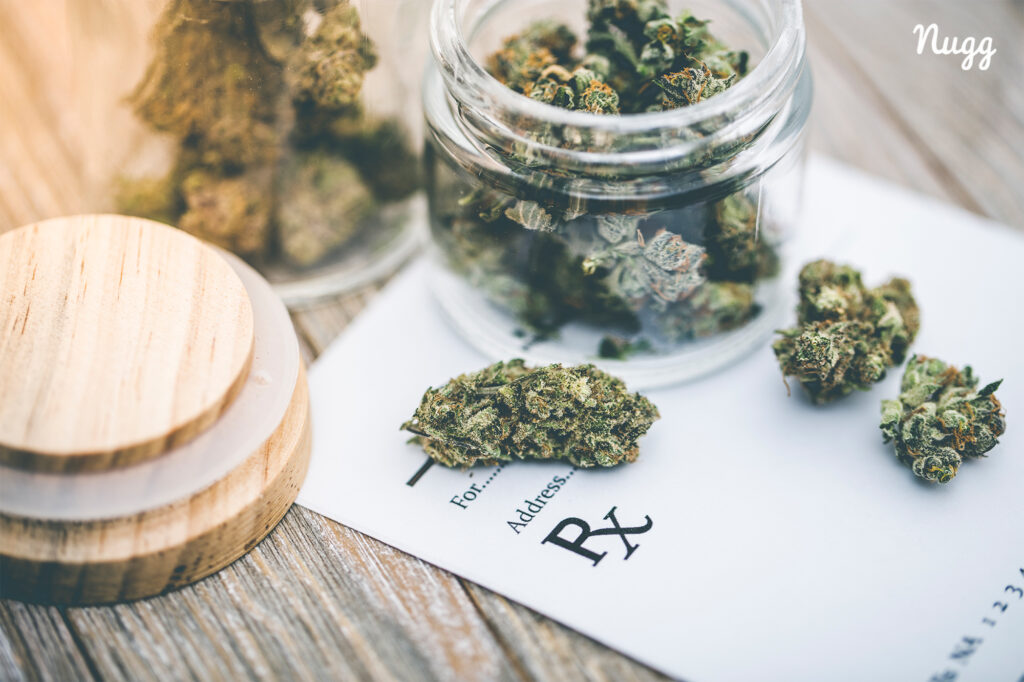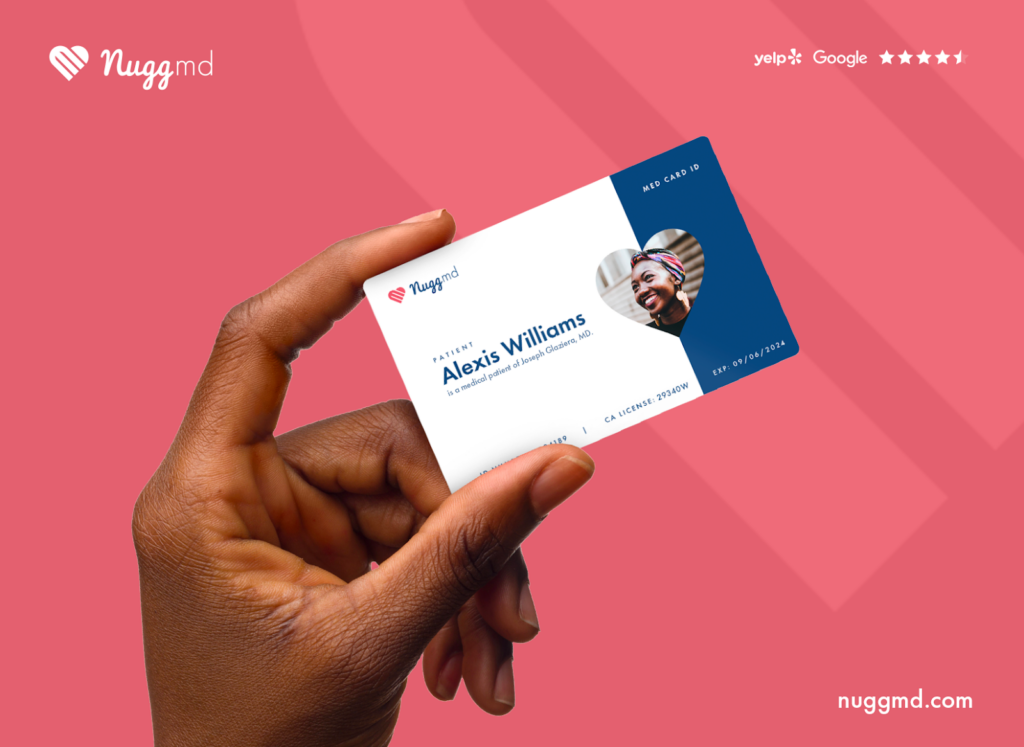
Oral ulcers are sores that appear on the inner cheeks, tongue, gums, and other soft tissues of the mouth. Although painful and uncomfortable, they will usually go away by themselves. Unlike cold sores, oral ulcers are not contagious or caused by a virus.
Oral ulcers are known as aphthous ulcers, mouth ulcers, or canker sores. The term “aphthous ulcer” comes from a Greek term that means “to set on fire” or “to inflame.” Aphthous ulcers are thought to have been first mentioned over 2,000 years ago by Hippocrates when he observed a recurrent mouth disorder.1
Because oral ulcers are so common, it is hard for experts to determine exactly how many people are affected by them, but they estimate that 20% of people will experience one at some point.
What Causes Oral Ulcers?
The cause of an oral ulcer is often unknown, but certain factors can increase the likelihood of developing this condition.
Oral ulcers are often triggered by damage to the lining of the mouth, including:
- Minor injury during dental work or from dentures, braces, rough fillings, or a sharp tooth
- Biting the inside of your cheek or tongue
- Using an abrasive toothbrush or toothpaste
- Eating a lot of very acidic or spicy foods
Certain conditions can also increase the chances of an oral ulcer, including:
- An allergic reaction or food intolerance
- Hormonal changes
- Vitamin deficiencies
- Stress, anxiety, or an insufficient amount of sleep
- Quitting smoking
- Fungal, viral, or bacterial infection
- Family history of mouth ulcers
- Crohn’s disease
- A weakened immune system
Sometimes, medication or treatment can lead to a mouth ulcer, including:
- Using NSAIDs
- Using beta blockers or nicorandil
- Treatment for chronic conditions like diabetes, rheumatoid arthritis, and osteoporosis
Signs & Symptoms of Oral Ulcers
If you have an oral ulcer, you may experience one or more of the following symptoms:
- One or more sores that are red around the edges and white, yellow, or gray in the center
- Swelling around the sore
- Soreness when brushing your teeth
- Increased pain when eating salty, sour, or spicy foods
- A tingling or burning feeling in the days before a sore appears
For most people, mouth ulcers heal themselves in a couple of weeks. Make sure to contact your healthcare provider if you have any of the following:
- An ulcer that persists for three weeks or longer
- Ulcers that keep coming back
- Mouth ulcers affecting the outer part of your lips
- Painless mouth sores
- Pain that can’t be improved with medication
- Mouth sores that are unusually large or near the back of your throat
- Fever
- Diarrhea
Sometimes, persistent mouth ulcers are a sign of oral cancer.
Can Cannabis Help Alleviate Symptoms of Oral Ulcers?

While there does not seem to be a significant risk of mouth ulcers from cannabis use, there has not been a definitive study that directly explores the risks or benefits of using cannabis on their development.
Both the CB1 and CB2 receptors can be found within the oral mucosal cells, prompting researchers to seek treatments for oral conditions using cannabinoids. Cannabinoids like CBD have demonstrated positive effects against oral lesions in animal models, but it does not decrease the time it takes a wound to heal.2
Most positive studies look into the effect of CBD on mouth ulcers. A study published in 2022 examined the effects of cannabidiol on mice with oral ulcers and found that topical CBD has the potential to reduce inflammation and speed up the healing process when applied with an oral spray in a dose-dependent manner.3 This research is still very new, and clinical studies on humans are nonexistent, but it supports further investigation into how CBD may positively affect the healing process of oral sores.
In 2021, researchers published their findings from a systematic review and found that cannabis smoke may increase the risk of oral lesions. An important note is that cannabis users have also been found to have poorer oral hygiene, which can also increase the risk of oral lesions.4 A study published in 2022 using data from 14,657 patients ages 12 to 25, where 4.8% reported using cannabis in their lifetime, and 2.5% said current usage, found that lifetime and current cannabis users were more likely to have gotten oral lesions than those who did not.5
One 2021 study looked at the effects of using cannabis oil to treat burning mouth syndrome (BMS), an oral condition that sometimes includes mouth ulcers. Participants with BMS were treated with a full-plant cannabis extract for four weeks, and the results significantly demonstrated that the treatment was effective and safe. Though positive, the study only included 17 patients, and these results underscore the need for larger, targeted clinical trials.6
So far, studies have been limited by self-reported results, smaller study sizes, or findings based on animal trials, and further clinical research is needed. However, their findings have significant implications for the future therapeutic potential of certain types and formulations of cannabis on oral health.
Smoking appears to be a risk factor for negative oral symptoms, so until more is known, smoking cannabis is not recommended when you have a mouth ulcer. Future in-depth study is needed to detail how the effects of smoking cannabis on oral health may differ from the effects of smoking tobacco.
If experiencing mouth ulcers, look for formulations of CBD, CBD + THC, or other full-spectrum extractions in tincture, capsule, oral spray, or edible form. Alcohol-based tinctures are less recommended than MCT-oil-based tinctures because they may cause additional irritation when consumed. Using edibles, teas, honey, or other non-abrasive products is best. Avoid oral sprays containing breath-freshening ingredients, like peppermint, as these may irritate an ulcer.
Legality and Doctor’s Recommendation
To determine if your state considers oral ulcers a qualifying condition for medical cannabis, check out our Laws & Regulations section for the medical cannabis rules for your state.
If you find that your state recognizes oral ulcers or its symptoms as a qualifying medical condition, you can seek a doctor’s recommendation to get your medical cannabis card in your state.
How NuggMD Can Help

NuggMD is the nation's leading medical cannabis technology platform, serving patients in over half the nation. We’ve connected over 1,300,000 patients with their new medical cannabis doctors face-to-face via our state-of-the-art telemedicine platform.
We believe that every human being has the right to explore the benefits of medical cannabis and are fully committed to helping each patient explore all their options in their journey to wellness. For further information on whether you qualify for medical cannabis, select your state.
Resources
- Askitopoulou H, Nyktari V, Papaioannou A, Stefanakis G, Konsolaki E. The origins of oral medicine in the Hippocratic collected works. J Oral Pathol Med. 2017;46(9):689-694. doi:10.1111/jop.12615
- Bellocchio L, Patano A, Inchingolo AD, Inchingolo F, Dipalma G, Isacco CG, de Ruvo E, Rapone B, Mancini A, Lorusso F, et al. Cannabidiol for Oral Health: A New Promising Therapeutical Tool in Dentistry. International Journal of Molecular Sciences. 2023; 24(11):9693. https://doi.org/10.3390/ijms24119693
- Qi X, Lin W, Wu Y, et al. CBD Promotes Oral Ulcer Healing via Inhibiting CMPK2-Mediated Inflammasome. Journal of Dental Research. 2022;101(2):206-215. doi:https://doi.org/10.1177/00220345211024528
- Bellocchio L, Inchingolo AD, Inchingolo AM, Lorusso F, Malcangi G, Santacroce L, Scarano A, Bordea IR, Hazballa D, D’Oria MT, et al. Cannabinoids Drugs and Oral Health—From Recreational Side-Effects to Medicinal Purposes: A Systematic Review. International Journal of Molecular Sciences. 2021; 22(15):8329. https://doi.org/10.3390/ijms22158329
- Le A, Khoo E, Palamar JJ. Associations between Oral Health and Cannabis Use among Adolescents and Young Adults: Implications for Orthodontists. Int J Environ Res Public Health. 2022;19(22):15261. Published 2022 Nov 18. doi:10.3390/ijerph192215261
- Gambino A, Cabras M, Panagiotakos E, et al. Evaluating the Suitability and Potential Efficiency of Cannabis sativa Oil for Patients with Primary Burning Mouth Syndrome: A Prospective, Open-Label, Single-Arm Pilot Study. Pain Med. 2021;22(1):142-151. doi:10.1093/pm/pnaa318
The information in this article and any included images or charts are for educational purposes only. This information is neither a substitute for, nor does it replace, professional legal advice or medical advice, diagnosis, or treatment. If you have any concerns or questions about laws, regulations, or your health, you should always consult with an attorney, physician or other licensed professional.

